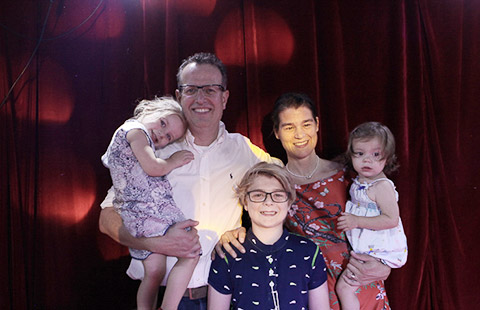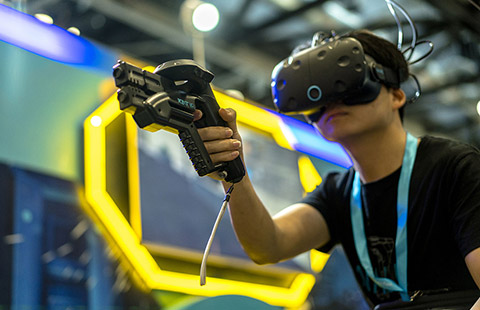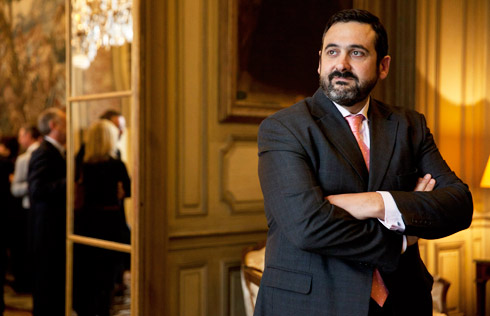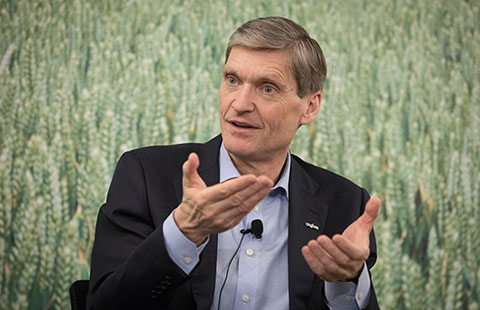Faraday Future's dreams of mass production hit a bump in the road
 |
|
The US-based Faraday Future unveils its prototype EV FF91 at the Consumer Electronics Show in Las Vegas in January. [Photo provided China Daily] |
One Chinese internet tycoon who has vowed to make luxury electric vehicles faces a bumpy road to survive the race for investment, as Jia Yueting, founder of Chinese technology company LeEco, is seeking to reboot his currently failing Faraday Future project.
Electric vehicle startup Faraday Future has publicly admitted its $1 billion plant construction plan has been dropped after work halted on its site outside Las Vegas in November, despite its founder Jia previously saying the plant work had been relocated to fulfill the plan to produce the electric FF91 model in 2018, according to a letter through his WeChat public account.
Industrial insiders said Jia was caught in a dilemma of whether he should burn through more cash to finally get the volume product on the road, or quit the game by selling his equity at a much lower price than his initial, huge investment.
"Jia made a large equity investment in Faraday Future. He needs this volume production in a brick and mortar plant, so as to get a higher valuation in the way a conventional carmaker does," said Shu Chang, a partner of Roland Berger Strategy Consultants.
"Without mass production, a company without a history, but only his story, won't get a high valuation, so his equity in Faraday Future would be worth very little. Jia may even struggle to find a buyer."
Shu said he foresees the best scenario as the FF91 rolling off the production on time in the United States.
Then Jia would share the brand's halo effect, resources, experience and advantages with his LeSEE project, and finally boost the market performance of the LeSEE Pro model.
Jia is also operating a LeSEE electric supercar project in China.
The company's public relationship department said that an announcement is "coming soon".
But similarly, the LeSEE Pro vehicles have not been put into mass production, despite the company announcing last August it had bought 2.87 square kilometers of land for an auto park, with plans to invest 20 billion yuan ($2.95 billion).
"But it's a tough job to establish a positive cycle among vendors and suppliers, and to realize technology breakthroughs in the United States," Shu added.
There were estimates that Faraday Future's failed Nevada plant plan has cost more than $120 million. Those sources, who declined to be named, said that Faraday Future is operated by the same team of people who launched Tesla, so both the FF91 and LeSEE Pro are going to be built on a similar electric vehicle chassis.
The sources said Jia's opportunities depend on whether he has a constant supply of cash to put into the full-electric supercar projects.
The reason is that developing an automobile propulsion system requires a huge amount of investment, much larger than an internet player's imagination. The existing example is Qoros Auto, which burned money for about six years from its establishment in 2007 to its first product, the Qoros 3 sedan, launched on the market in 2013. Industry insiders estimate investment totaled about 20 billion yuan for the Sino-Israeli company, but the emerging brand is still losing money.

























